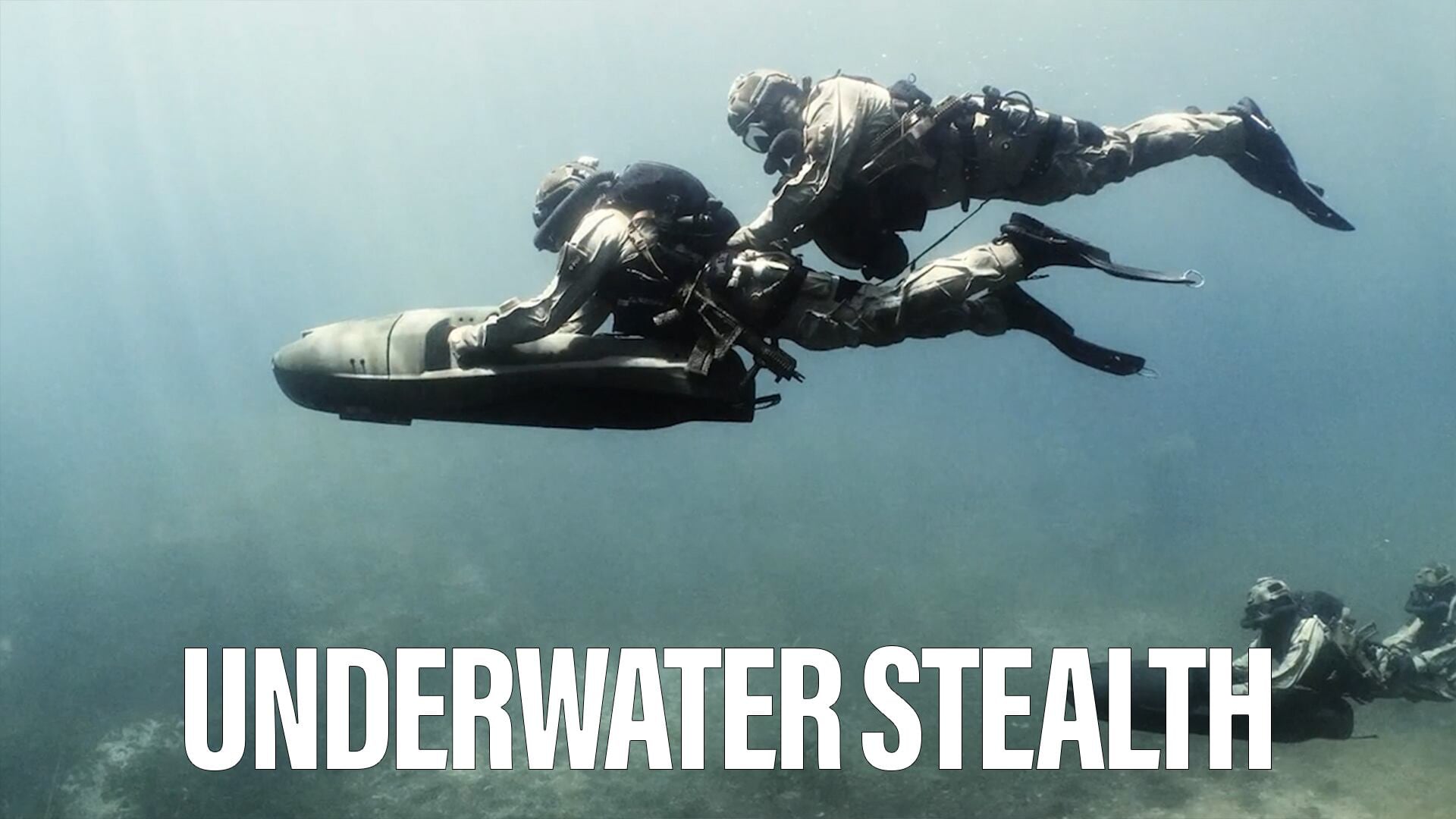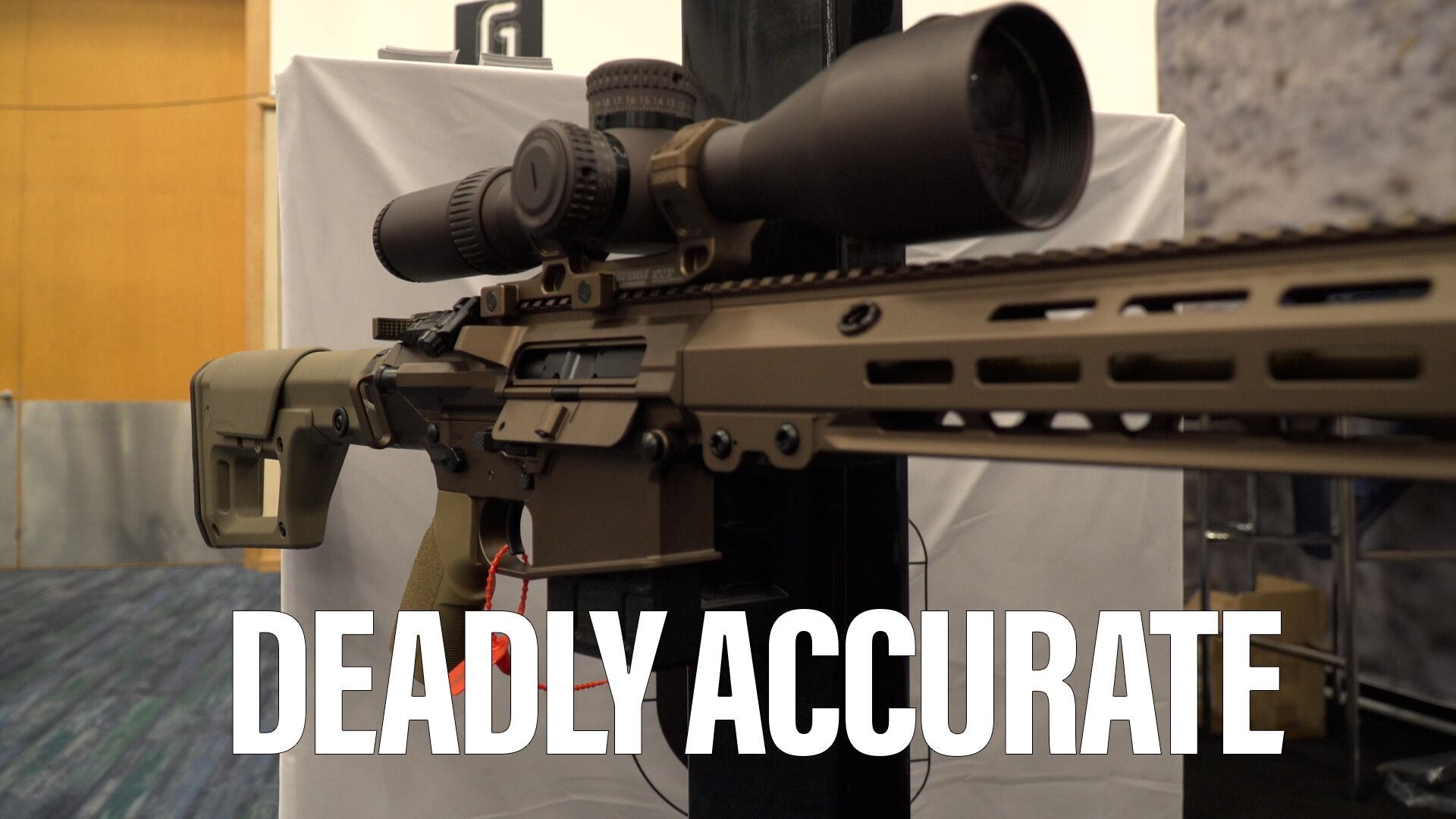The European Union has unveiled one of its biggest-ever defense research plans in a bid to reverse billions of euros in cuts.
The announcement on Wednesday of a European Defence Action Plan is also partly designed to send a message to US President-elect Donald Trump that Europe wants to pay for its own security.
During the US election campaign, Trump questioned whether the United States should protect allies seen as spending too little on their defense, raising fears that he could withdraw funding for NATO at a time of heightened tensions with Russia.
At the launch of the plan, European Commission President Jean-Claude Juncker said: "If Europe does not take care of its own security, nobody else will do it for us."
The commission said EU countries have cut defense spending by nearly 12 percent in real terms over the last decade but have failed to deepen military cooperation. The executive said this lack of cooperation is costing €25-100 billion (US $27-106 billion) each year.
EU defense spending currently stands at about €200 billion, far behind China and the US. Twenty-two EU countries are also members of NATO. Only five of them, including the UK, spend NATO's agreed-upon target of 2 percent of gross domestic product on defense.
As a response and part of a broader push to revitalize defense cooperation, the European Commission has now proposed a €5 billion fund and a lifting of rules preventing the EU's common budget and its development bank from investing in military research.
One of the main proposals of the plan unveiled at a news conference is an investment fund for defense, which could allow EU governments that pay in to also borrow from it. Governments would be able to club together to buy new helicopters and planes to lower costs. At present, most member states pursue their own defense projects, which, it is said, can lead to duplication.
The plan to let the EU's common budget and development bank invest in military research could open the door to drones, cyberwarfare systems and other high-tech gear.
Under the plan, the European Investment Bank could finance innovation if a majority of governments agree to remove the ban on backing military projects.
Speaking at the launch in Brussels, European Commission vice president in charge of investment and competitiveness, Jyrki Katainen, said it was time to lift restrictions on the EU from using its budget for military research.
"This is not about an EU army, this is not about spending on the military instead of social security," he said.
"We face multiplying threats and we must act," the former Finnish premier added, stressing that all assets developed would belong to national governments. "Our member states cannot afford to protect their citizens without deeper and better cooperation."
The EU's defense industry directly employs about 500,000 people and had a turnover of €97.3 billion in 2014. Dominated by Britain's BAE Systems and the trans-European corporation Airbus Group, the industry also includes more than 1,350 small- and medium-sized companies that the commission says are mostly concentrated in France, Germany, Italy, Spain, Sweden and Britain.
Reaction to the announcement was mixed, with leading German center-right Member of the European Parliament Michael Gahler, his party's spokesman on security and defense, saying he was "disillusioned" about a plan which "warms up old and well-known subjects out of the inventory, which are already or shall be in the process of implementation."
"The plan is a missed opportunity to present specific communication on the nature and scope of the intended program. That's what the European Parliament continues to ask for," Gahler said. "Where are the requested EU-wide system on security of supply, the Green Book on strategic defense assets and the legally binding civil-military hybrid standards?"
His reservations were shared by Maltese Prime Minister Alfred Sant, whose country takes over the EU presidency on Jan. 1, and who described the plan as "totally ill-advised."
However, a NATO official praised a more competitive European defense industry, calling it "good news" for the alliance as well as European security and economic stability, "especially if European nations invest more in capability development and in research and development of defense technologies."
"For years, NATO has advocated for more defense spending among its European allies. And we would welcome all steps in this direction," the official said.
"For the commission to claim that these proposals do not add up to an EU army is laughable. The EU collectively buying weapons of war is a frightening thought and will undermine NATO further," he said. "Two percent of defense spending is a target we should all work towards, however this must be done at a national level. This posturing from the EU is unhelpful arrogance at best and dangerous boasting at worst."
The plan is to be debated with industry and submitted to EU leaders for discussion at their summit in Brussels from Dec. 15-16.
Martin Banks covered the European Union, NATO and affairs in Belgium for Defense News.








